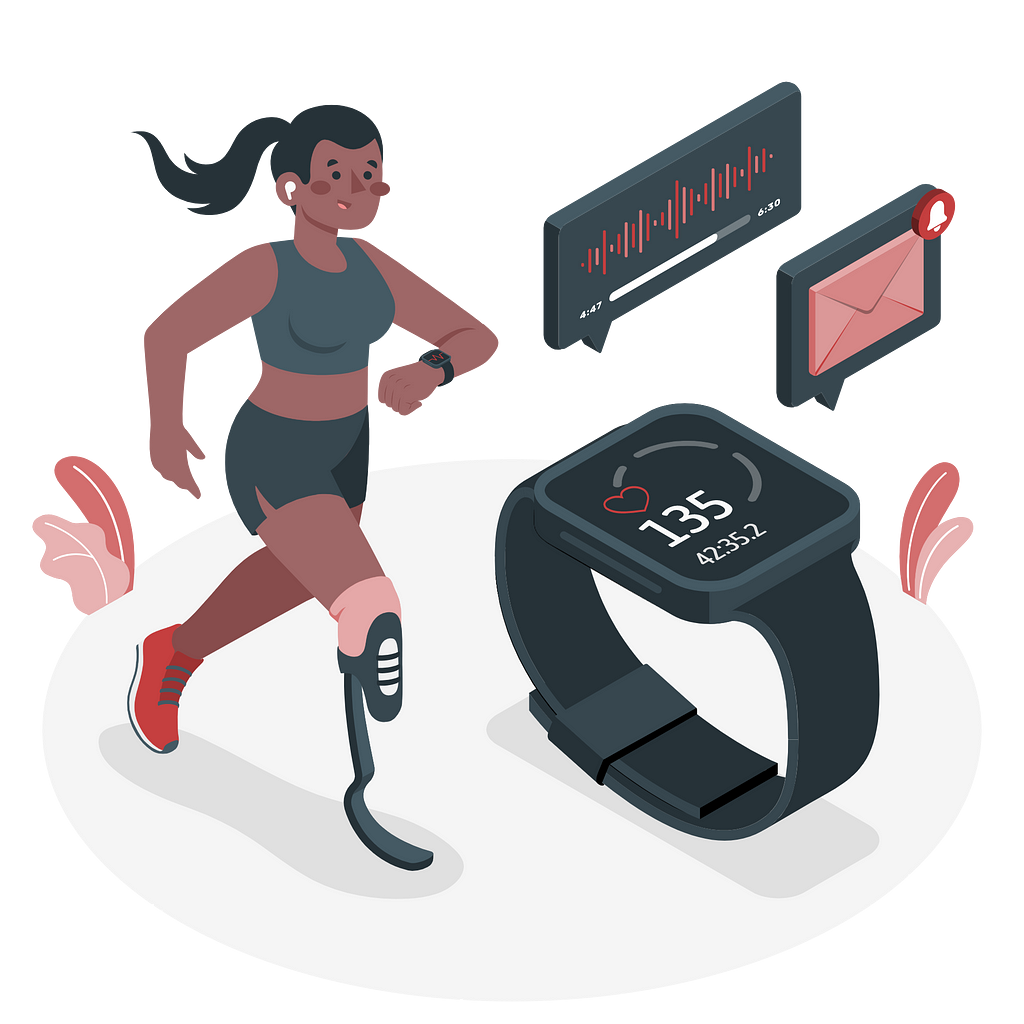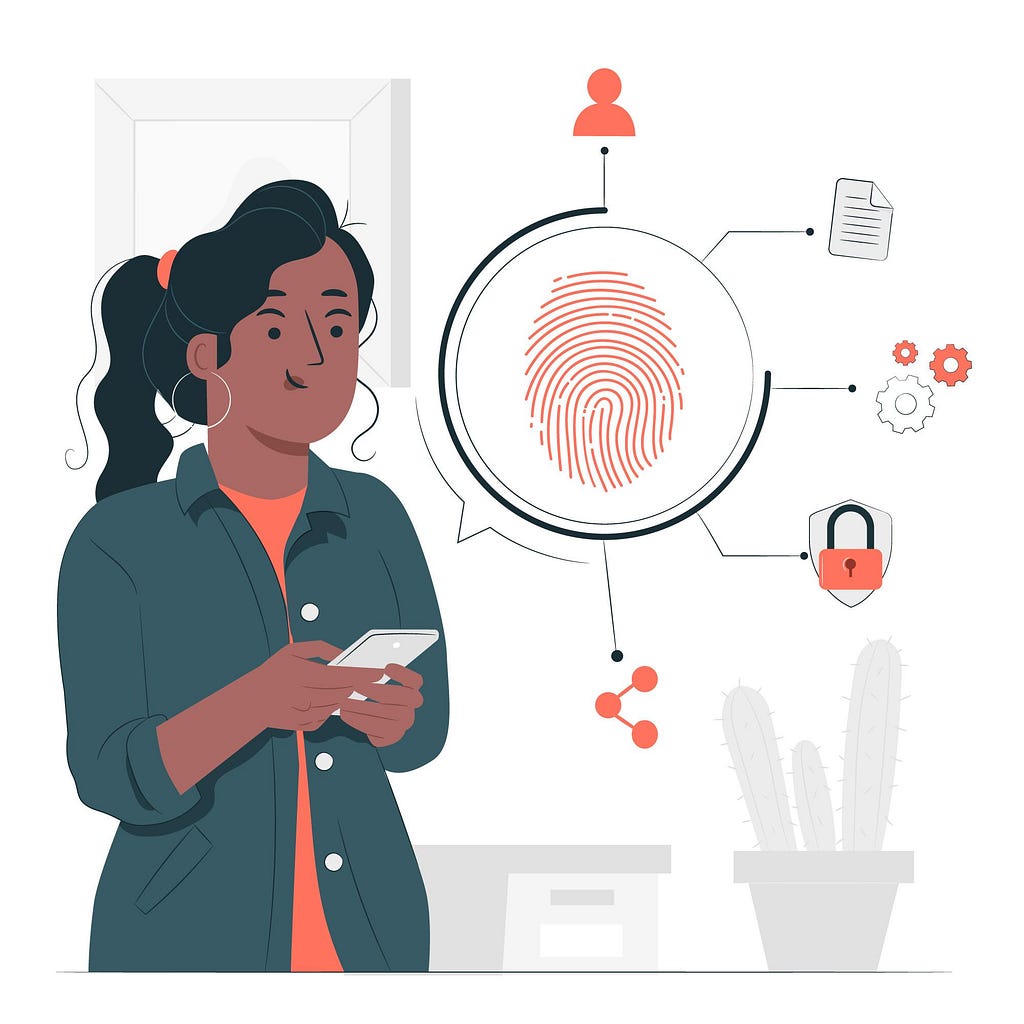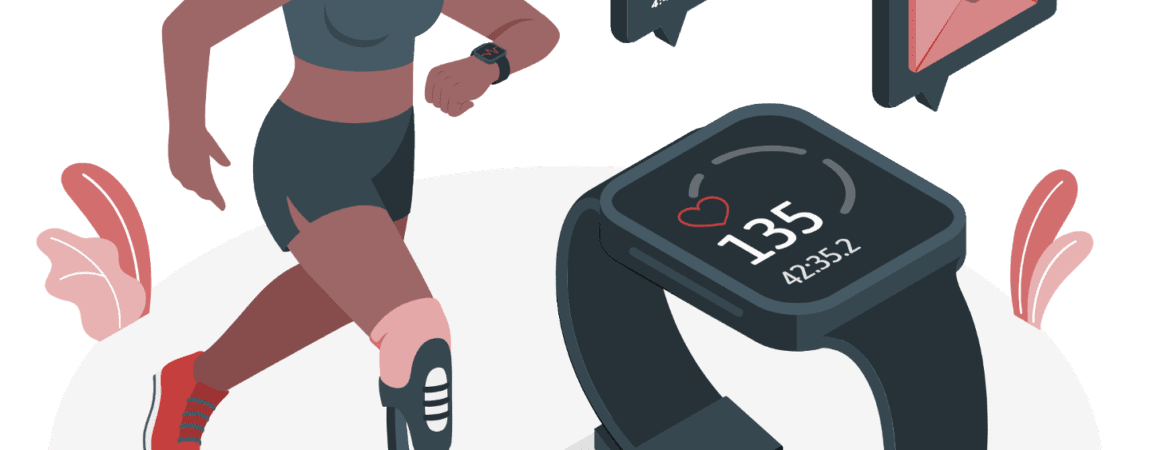By Pavan Reddy, MEng ’23 (ME)
This op-ed is part of a series from E295: Communications for Engineering Leaders. In this course, Master of Engineering students were challenged to communicate a topic they found interesting to a broad audience of technical and non-technical readers. As an opinion piece, the views shared here are neither an expression of nor endorsed by UC Berkeley or the Fung Institute. During a casual meeting, I hear my friend get a notification on his watch. He instantly stood up and startled everyone at the table. When questioned about his action, he simply replied with a laugh: “My watch said stand up for a minute to meet my stand goal, so I did.” While this seemed funny at the moment, smartwatches have not just pushed people to become more active but have had a great impact in doing so.

“Hence, it is important that users are aware of what is being shared from smartwatch or any wearable technology.”Despite this bill, data from smartwatches are still being used incorrectly. This is not a problem seen just in the smartwatch industry but also in many other emerging devices. Anything that can store data and share has the same privacy problems. So, what could be done to protect data? As of now, the only way is to be fully aware of data and data policies in regard to the device. Smartwatches are indeed positively affecting the health and fitness of people. They let you track, collect, and analyze your activities while motivating you to reach your goals. But blindly using the device without knowing how your data is utilized is the problem we need to be aware of and act on cautiously.
References
Chen, Li, and Mincheol Kim. 2020. “Impact of Smart Watch on Health Promoting Behaviors.” ICIC Express Letters, Part B: Applications 11 (2): 207–12. https://doi.org/10.24507/icicelb.11.02.207. Guirdham, Oliver. 2021. “Increasing Consumer Health Awareness Is Driving The Smart Watch Industry.” The Business Research Company. April 26, 2021. Kim, Minju, Yeonghun Shin, Wooyeon Jo, and Taeshik Shon. 2021. “Security Analysis of Smart Watch and Band Devices.” In 2021 International Conference on Computational Science and Computational Intelligence (CSCI), 655–58. IEEE. https://doi.org/10.1109/CSCI54926.2021.00172. Lamensch, Marie. 2021. “Putting Our Bodies Online: The Privacy Risks of Tech Wearables.” Centre for International Governance Innovation, August 11, 2021. northwest primary care. 2021. “5 Ways Smartwatches Could Improve Your Health.” January 26, 2021. https://www.nwpc.com/how-smartwatches-could-improve-your-health/. “Physical Activity.” 2022. World Health Organization. October 5, 2022. Rich, Jessica. 2021. “How Our Outdated Privacy Laws Doomed Contact-Tracing Apps.” Techtank, January 28, 2021. WETSMAN, NICOLE. 2021. “The Unexpected Health Impacts of Wearable Tech.” November 1, 2021. https://www.theverge.com/22733073/smartwatch-wearable-health-impact-doctors Connect with Pavan. Edited by Mary Tran.Op-ed: Smartwatches: Privacy versus health and fitness was originally published in Berkeley Master of Engineering on Medium, where people are continuing the conversation by highlighting and responding to this story.


